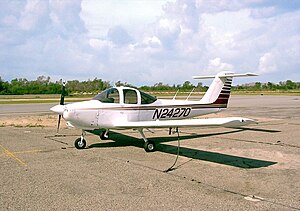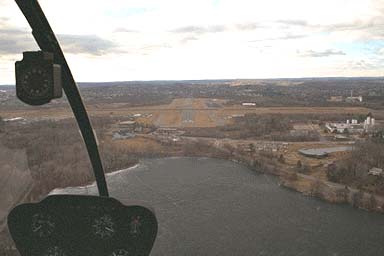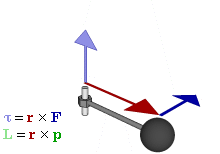All right, ineptitude may be too strong a word. I just know that I have a lot to do before I can (should) instruct students - after all, they're paying a rather sizable chunk of their hard earned money on their flight training. And then there's that whole, "screw up and die" factor in aviation. I want my students to fly safely, too.
I have been reminded that passing the writtens is more than memorizing the correct answers - there is a reason for this test and that is to check an instructor's comprehension of the concepts referred to in it. I guess that's why it's called the Fundamentals. Of. Instruction. I get it.
Another issue I'm dealing with is referred to in this question:
When a person has difficulty recalling facts after several years, this is known as
| poor retention. | |
| repression. | |
| disuse. |
| I'm not sure, but don't show this question again | |
| I'm sure, don't show this question again |
The fundamentals of flight training that I received so many years ago have definitely gotten a little dusty. So yesterday, just for "fun," I started to take the Private Pilot written exam. Out of 54 questions, I got 36 correct. I know, I know, I shouldn't be bragging about that. But c'mon, that was walking into that completely cold!
Some of the topics were things I didn't think about any more, perhaps because of automation? The Flight Management System figures out the landing distance for the Citation X given various information about the aircraft and it is also printed on our dispatch release the company provides. I did get this one right, because we do need to know how to do it anyway (just in case the computer goes down).
One question about takeoff distance I got wrong because the number I got seemed so tiny. I just didn't trust myself.
Here's another question about a topic that I haven't had to deal with in ages - and even then it was only briefly. I was in a single engine airplane only to transition from helicopters to the King Air (a multi-engine turboprop)...
While cruising at 9,500 feet MSL, the fuel/air mixture is properly adjusted. What will occur if a descent to 4,500 feet MSL is made without readjusting the mixture? The fuel/air mixture may become excessively lean (I was right, but only because I guessed the longest answer - that's an insider's old trick, btw).
This one brought up an old memory.
Which would most likely result in hyperventilation?
|
Although excessive consumption of alcohol was definitely present during my flight school training my first year in the army, the answer is emotional tension, anxiety, or fear. I was able to answer this one from experience, because that's exactly what I did when an instructor in the army took me out for spins in a Tomahawk (sometimes referred to as a traumahawk).
 According to Wikipedia: The Tomahawk was Piper's attempt at creating an affordable two-place trainer. Before designing the aircraft, Piper widely surveyed flight instructors for their input into the design. Instructors requested a more spinnable aircraft for training purposes, since other two-place trainers such as the Cessna 150 or Cessna 152 were designed to spontaneously fly out of a spin. The Tomahawk's NASA[1] GA(W)-1 Whitcomb airfoil addresses this requirement by requiring specific pilot input in recovering from spins, thus allowing pilots to develop proficiency in dealing with spin recovery.
According to Wikipedia: The Tomahawk was Piper's attempt at creating an affordable two-place trainer. Before designing the aircraft, Piper widely surveyed flight instructors for their input into the design. Instructors requested a more spinnable aircraft for training purposes, since other two-place trainers such as the Cessna 150 or Cessna 152 were designed to spontaneously fly out of a spin. The Tomahawk's NASA[1] GA(W)-1 Whitcomb airfoil addresses this requirement by requiring specific pilot input in recovering from spins, thus allowing pilots to develop proficiency in dealing with spin recovery.After the first spin, we leveled out and I could not catch my breath. Huh. Huh. Huh. My instructor (the one who used to chuckle if we messed up) said, "Lynda, c'mon breathe. Stick with me here."
Once I caught my breath, we did it again. Only a tiny bit of hyperventilating. Then again. No hyperventilating. Then again, and again, and again, until I could enter the spin and recover on my own with no interference from the instructor.
I am *really* looking forward to spins again.
Next post we'll talk more about the advice I've been getting. As always, comments are appreciated. Keep 'em coming!





